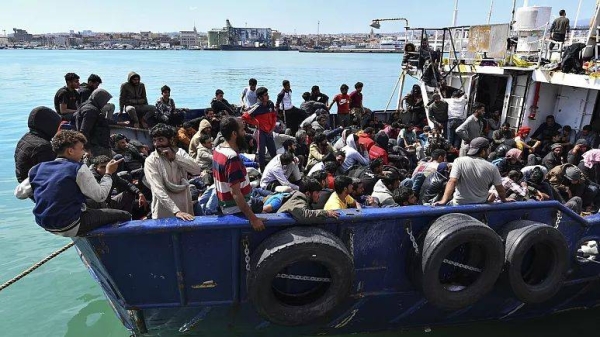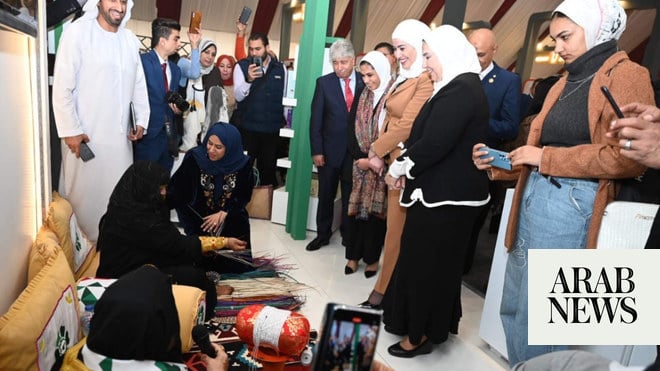
Intra- Arab trade at the commodity level was expected to increase by 12 percent over the past year, according to Arab economists who have participated in meetings of the Economic and Social Council of the Arab States Council.
The meetings are held in Tunis in light with the preparation for the Arab League Summit on its 30th regular session, which is scheduled to be held on March 31.
They added that trade in services has risen by 38 percent in 2018.
Arab Leagues Assistant Secretary-General for Economic Affairs Kamal Hassan Ali said in this regard that intra- Arab trade has witnessed important developments, though less than expected and below Arab states’ real economic potential.
He pointed out that the trade level did not exceed five percent in 2005 and is now 12 percent as a result of efforts by a number of economic structures within the Arab League.
Ali expected this figure to increase in the coming years due to the Agreement on the Arab Rules of Origin, which introduced a significant freedom to the Arab economic reality.
Many Arab goods may now be introduced to different Arab markets without paying customs duties of any kind, Ali said, adding that this is due to the detailed agreement among Arab countries on most of these goods.
The pace of intra-Arab trade is expected increase in light of the optimism that characterizes these trade relations as four Arab countries have signed the General Agreement on Trade in Services (GATS).
On the other hand, Ali said the Arab League has completed its tour of negotiations on GATS in Beirut, Lebanon, and that four countries have signed this agreement (Saudi Arabia, UAE, Egypt, and Jordan).
The AL is waiting for other countries to ratify this agreement to start implementing it.
He considered the Arab trade zone is a stage in the Arab economic integration, noting that the AL has prepared a mechanism to force Arab countries to commit to implementing the resolutions of the Economic and Social Council, following the recent economic summit that was held in Beirut.









